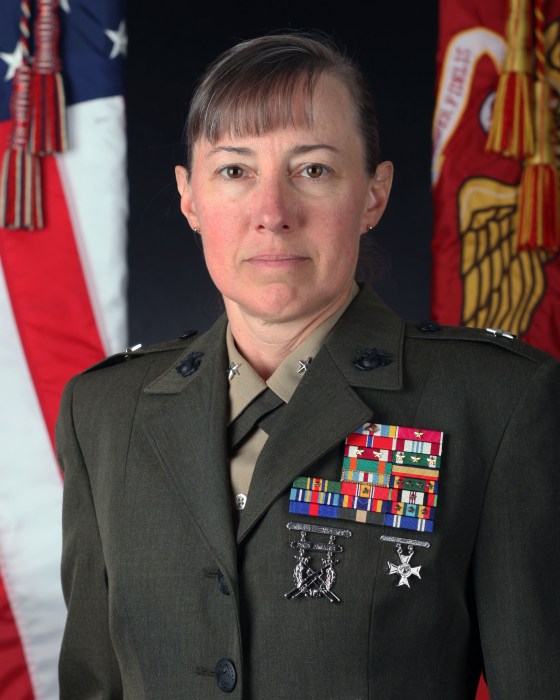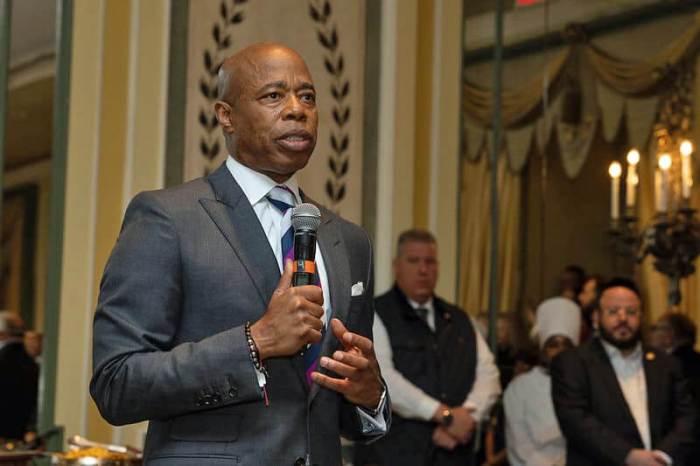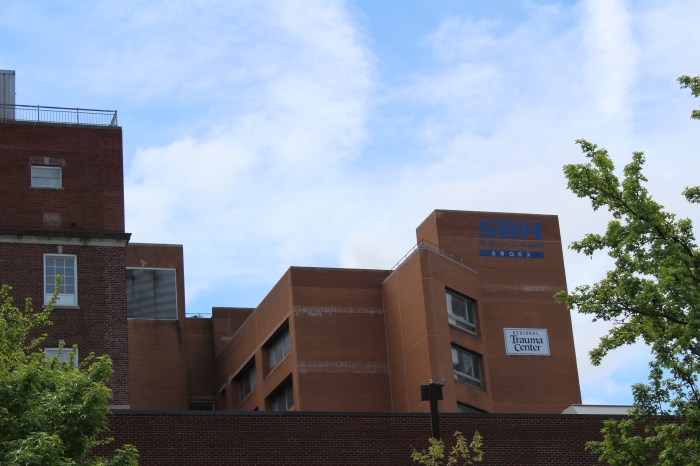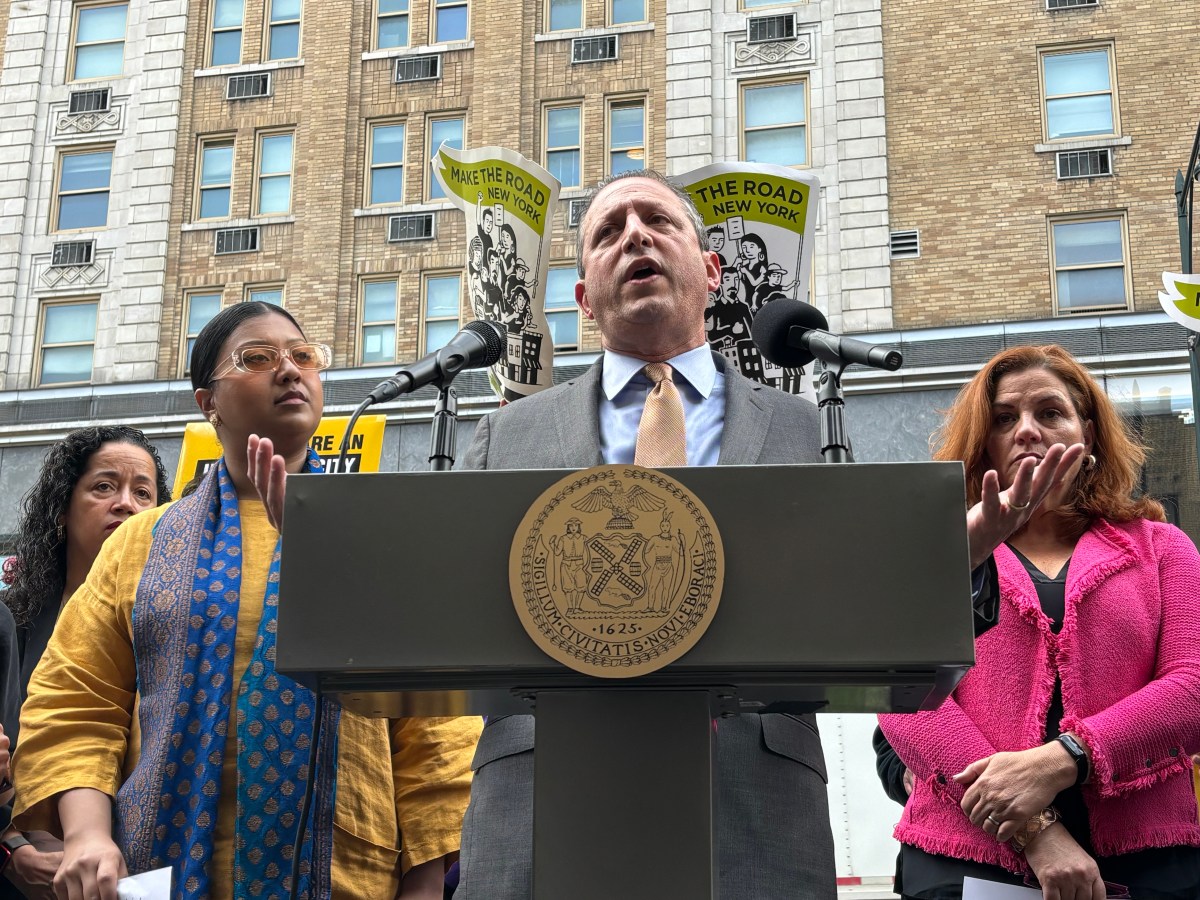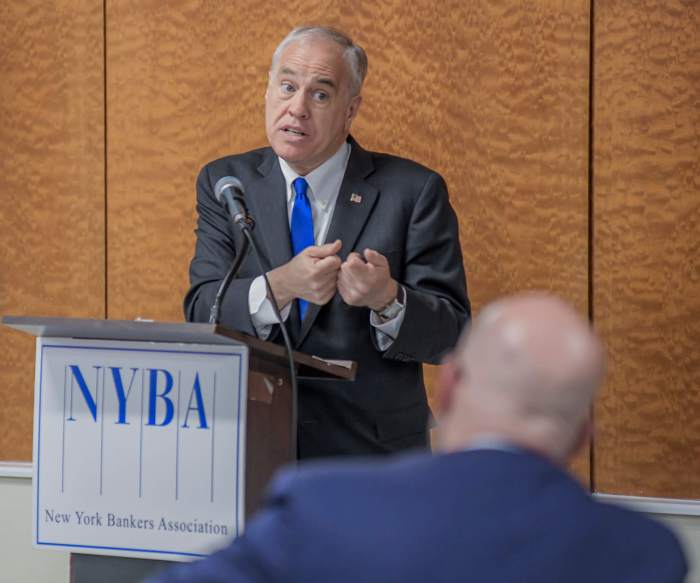In a country where authorities who abuse their power are almost never held accountable, a judge in the southern Haitian city of Les Cayes on Jan. 19 found guilty seven of 13 Haitian police officials who stood trial for a prison massacre that occurred a week after the massive 2010 earthquake.
An additional 20 officers tried in absentia were also convicted in what has been described as a historic verdict.
On the second anniversary of the massacre, Judge Ezekiel Vaval handed down sentences ranging from one to 13 years of prison and hard labor.
He awarded the stiffest sentences to the former Les Cayes prison warden, Sylvestre Larack, who received seven years, and to the city’s riot police chief, Olritch Beaubrun, who got 13, although he was not present for the proceedings, having reportedly fled the country.
Judge Vaval, who received frequent death threats during the three-month trial and traveled to New York over the holidays to write his decision free from pressure, delivered his verdicts to an initially hushed crowd of hundreds packing the public theater that served as his courtroom.
“The decision of the judge is his expression of the truth,” he told the gathering. “There are other versions that exist but this is mine. And that is the law.”
Legal analysts and observers say the trial, having taken place at all, represents a rare victory for the rule of law in Haiti.
Haitian government officials who break the law, be they police officers or presidents, typically benefit from a weak, corrupt judicial system and elude justice, they say.
“Wow, this is a real landmark moment for Haitian justice,” said William O’Neill, an American human rights lawyer with decades of experience in Haiti.
“To get some senior law enforcement officials held accountable with fairly serious sentences — it’s really historic,” he added.
Pierre Esperance, executive director of Haiti’s National Human Rights Defence Network, said the convictions were “a good step to fight against impunity.
“We’re not 100 percent satisfied, but (the authorities) made an effort,” he added.
The officers were charged with murder, attempted murder and other crimes for killing and wounding dozens of detainees when, in the aftermath of a disturbance on January 19, 2010, they opened fire “deliberately and without justification,” according to an independent commission.
The commission, run jointly by the Haitian government and the United Nations, was appointed after an investigation by The New York Times in May 2010 contradicted the official explanation for the deaths at the prison.
Police and prison officials had maintained that a single detainee, a troublemaker nicknamed Ti Mousson, had fatally shot the inmates and then escaped. Defense attorneys for the officers made the same argument at trial.
But the Times, and then the authorities’ investigations, found that prison and police officers had shot unarmed prisoners, then sought to cover it up, in part by burying bodies in unmarked graves.
The prosecutor, Jean-Marie J. Salomon, said 20 detainees had died but the precise number of deaths and injuries is not known.
Testifying at the trial, one detainee, Patrick Olcine, said he had been shot in the back but had never gone to the hospital.
“They were taking dead people and living people, and they were picking them up together,” he said. “I didn’t want them to pick me up and go bury me.”
Lead prosecutor, Jean-Marie Salomon, said the verdict was “not satisfying, but I have no comment beyond that.”
Defense attorney Jean-Eugene Pierre-Louis said he planned to appeal the verdict.
“I have the right to be dissatisfied with the convictions,” he said, adding: “But the fact that we had a verdict at all is a big deal for Haiti.”













